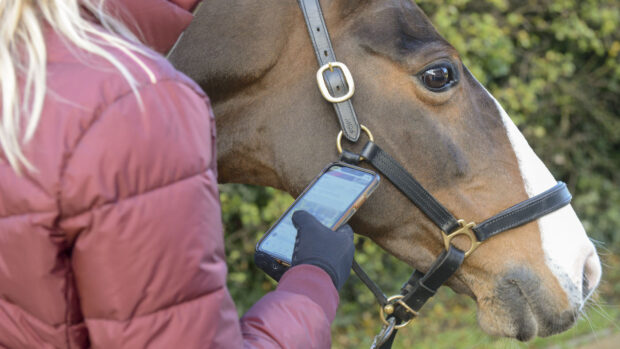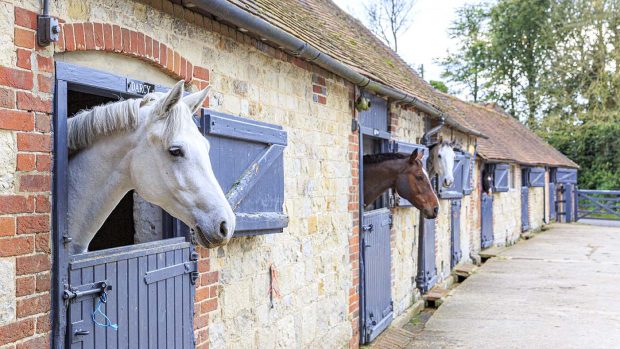Q: I kept my horses, plus a mare and foal, on a yard with one other person who had an Arab gelding. They had all been turned out together, without any problems, since foal George was six months old. The Arab’s owner had a sharer, whose standard of care was far from adequate and I had told the owner this.
In February, George was castrated and the vet said that, for two weeks, he and his mother should have sole use of the field. Everyone was informed. A few days later, the Arab’s sharer turned him out with the mare and foal. I returned to the yard to find George walking on three legs. A farm labourer informed me that the Arab had run him ragged up and down the field. He had torn all the ligaments around the stifle joint.
George underwent surgery in March and has been on box rest and restricted turnout since. We have now spent the £5,000 insurance limit, but he will require treatment for the rest of his life at a cost of approx £100 per month.
The Arab’s owner was insured but can I claim for negligence against her?
DT, Derbyshire
LUCY Jay from law firm Travers Smith says that, in order to succeed in a negligence claim against the Arab’s owner, you would need to show that:
1. She owed you a duty to take care of your foal.
2. She breached that duty by being careless.
3. Her carelessness was the cause of the foal’s injury.
4. It was a foreseeable consequence of her carelessness that your foal would be injured.
“It is possible that people who handle or look after other people’s horses, even on an informal basis, will be found to owe the owners a duty to take care,” explained Lucy.
“They will be in breach of that duty where their standard of care falls below that of a reasonable and prudent person.
“Depending on the circumstances, failing to follow clear instructions relating to a horse left by the horse’s owner would probably amount to a breach. However, your case is complicated by the fact that it was the Arab’s sharer, not the owner, who turned the horse out against your instructions.
“While this may constitute negligent conduct on the part of the sharer, it would be more difficult to show that the owner had been negligent, or was liable for the sharer’s negligent conduct,” said Lucy.
“In many cases where a horse is injured in the field, particularly where it was turned out in a group, it is difficult to say with any certainty how the injury occurred, whether it was caused by another horse, and, if so, which one. It is therefore helpful that your incident was witnessed by a farm labourer.
“The facts in your case are complex so I would recommend that you seek legal advice from a solicitor, in particular on whether you may have any other rights against the owner or sharer in relation to this incident.”
Information
Travers Smith Tel: 020 7295 3000 www.traverssmith.com
This Q&A was first published in Horse & Hound (24 April, ’08)



